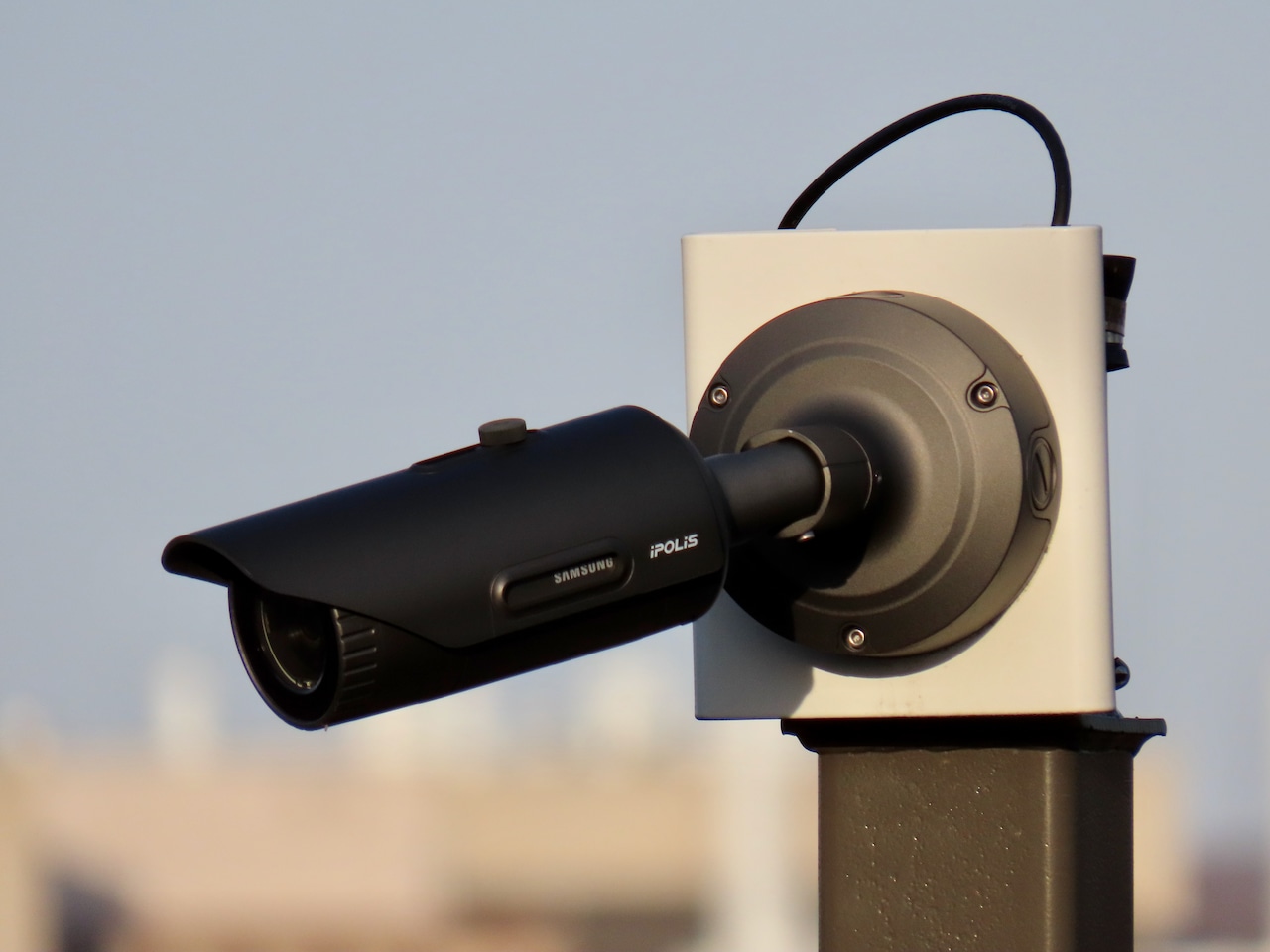LANSING, MI — Any time, any day and without notice, Michigan regulators might be able to legally spy on marijuana businesses and their customers.
That’s if one among a myriad of proposed rule changes currently being considered by Michigan’s Cannabis Regulatory Agency (CRA) take effect.
Under existing rules, businesses are required to record various locations within their operations, including sales, processing, shipping and access points. They must store at least 30 days’ worth of footage and provide it to CRA investigators upon request.
A proposed rule would require businesses to also provide “real-time access and live monitoring of the marijuana business via a secure web-based portal.”
Critics say that’s too intrusive and susceptible to abuse.
“So, for instance, I’m currently sitting in an office in a licensed facility, and I am on their camera while I’m talking to you,” said Cassin Coleman, a marijuana industry consultant who spoke against the rule. “And they’ve requested access to watch me have this conversation with you.”
Coleman said the rule would effectively give the CRA the right to conduct warrantless searches without stipulating investigative reasoning.
“The general public goes into these places and is always on camera,” Coleman said. “And now the agency will have access to that without giving any notice to anyone that they’re doing it.”
The CRA has not shared details about plans for internal oversight or how video access would be utilized, should the rule be imposed.
Coleman is concerned the CRA might share video with others, such as local, state or federal law enforcement, for reasons unrelated to licensing compliance.
And what’s to stop “some creepy dude” in an office watching the “girl he has a crush on,” Coleman wondered. “My employees are already freaked out about the fact that everything they do here is watched by high-definition cameras.
“There’re not very many other kinds of manufacturing or agricultural places that do that.”
Coleman believes the CRA wants the access to assist with investigations related to illicit marijuana entering the regulated market.
The CRA regularly cites businesses that fail to provide requested video footage during investigations.
In one instance, the CRA was investigating illicit marijuana at a Shiawassee County marijuana processing and grow facility that it later shut down for violations.
The business notified the CRA that its surveillance system was “malfunctioning during its harvest.” Footage that could be reviewed “cut to a black screen numerous times for long periods” and 38 cameras were inoperable, according to CRA reports. An employee told inspectors that rats chewed through the wires.
“The bad actors” are intentionally sabotaging their recording systems, Coleman said, “It doesn’t matter if you have web access, their cameras are still not going to work.”
Retired defense attorney Matthew Abel, who founded the Cannabis Counsel marijuana firm in Detroit, said allowing live video access to the CRA “just seems so invasive.”
Video footage should be reviewed on an as-needed basis with the knowledge of the business, he said.
“Especially because it’s still federally illegal,” Abel said. “We don’t really want our faces on video, live-streamed (showing) illegal transactions.”
He said if identifying rule-breaking businesses is the goal, live access could be limited to businesses that have already been found in violation or that agree to provide real-time access as part of a consent agreement.
Following this week’s public hearing on the proposed rules, the CRA has 40 days to make changes before submitting its final set of proposed rules, which must then be reviewed by legislators on the Joint Committee on Administrative Rules.
Based on the public backlash, the CRA may be reconsidering.
“Although the CRA is just beginning to analyze the feedback from the comment period, we are seriously considering removing the proposed camera rule change in its entirety based on the feedback already received,” CRA spokesman David Harns told MLive.

 California Cannabis Updates1 year ago
California Cannabis Updates1 year ago
 Breaking News1 year ago
Breaking News1 year ago
 best list1 year ago
best list1 year ago
 Business12 months ago
Business12 months ago
 cbd1 year ago
cbd1 year ago
 Bay Smokes1 year ago
Bay Smokes1 year ago
 autoflower seeds12 months ago
autoflower seeds12 months ago
 cannabis brands12 months ago
cannabis brands12 months ago










































